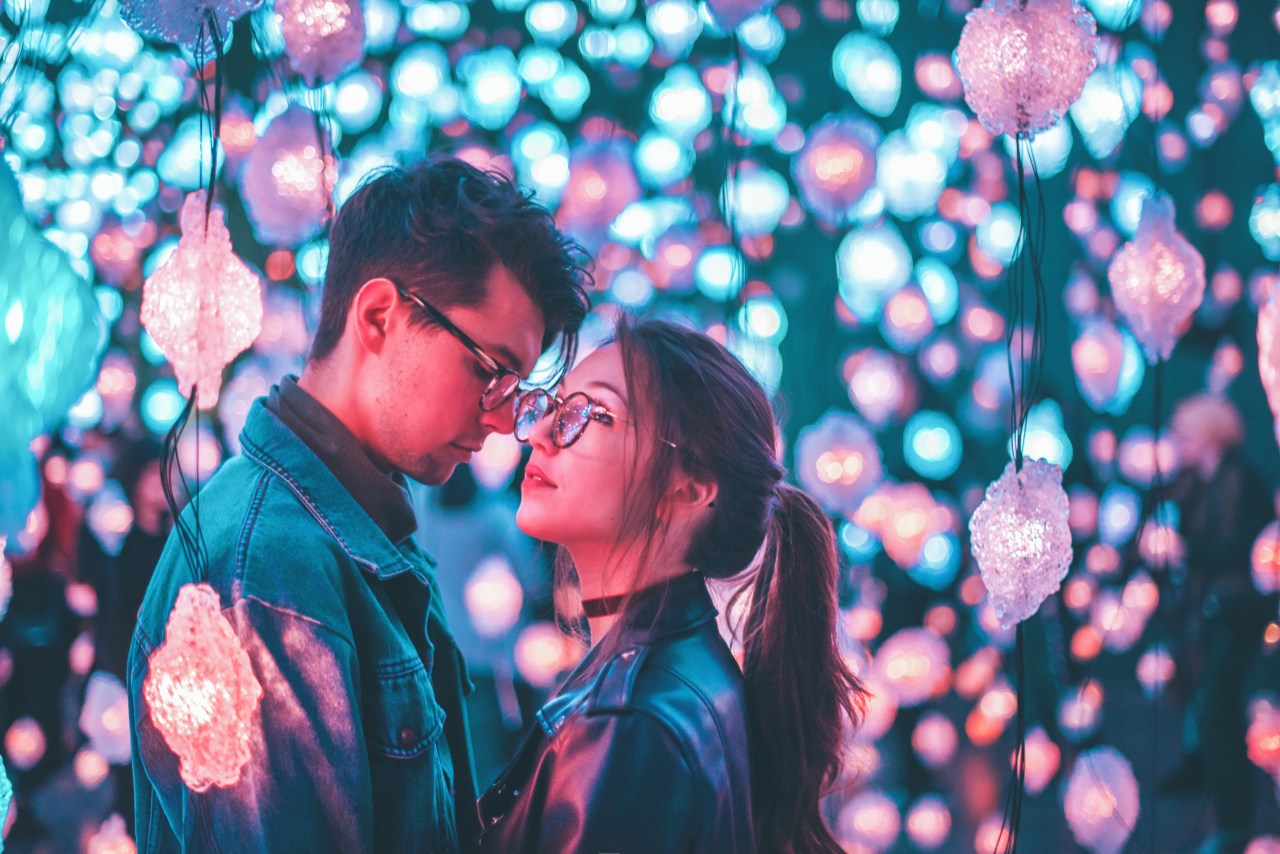
The 3 Types Of Romantic Love, According To Psychology
Love is a unique experience for everyone, which is why love in and of itself is so difficult to define universally. It is also the reason love has dominated so many conversations and has been the subject of some of the greatest pieces of art of our lifetime.
According to Dr. Helen Fisher, romantic love can be broken down into three main types: lust, attraction, and attachment. Each of these types of romantic love is defined by the hormones that create that feeling of love in the first place.
When it comes to lust, the main hormones involved include testosterone and estrogen. For attraction, dopamine, norepinephrine, and serotonin are to blame. And for attachment, oxytocin and vasopressin are at play.
Each of these types of love also has its own defining characteristics. Lust, for example, is driven by wanting sexual gratification. It is purely physical.
While attraction does involve a level of sexual desire as well, attraction’s hormones dopamine and norepinephrine lead to euphoria and giddiness. Dopamine plays a crucial role in the brain’s reward pathway. This means that dopamine is released when we do things that feel good (hence “reward pathway”). Dopamine is why falling in love can be so intoxicating. (Alexa, play “Drunk In Love” by Beyonce.)
And finally, there is attachment. Attachment is the basis of long-term relationships. It is important to note that attachment does not just apply to romantic situations as lust and attraction do. Attachment is present in friendships, parent-infant bonding, and other types of relationships as well. One of attachment’s main hormones oxytocin is commonly referred to as the “cuddle hormone” because it is released during activities that act as precursors to bonding (sex, childbirth, breastfeeding, and more).
While love may never be able to be defined across the board, the psychology behind the experience definitely is interesting to know, and may even help us understand love better (and maybe love a little better, too).

